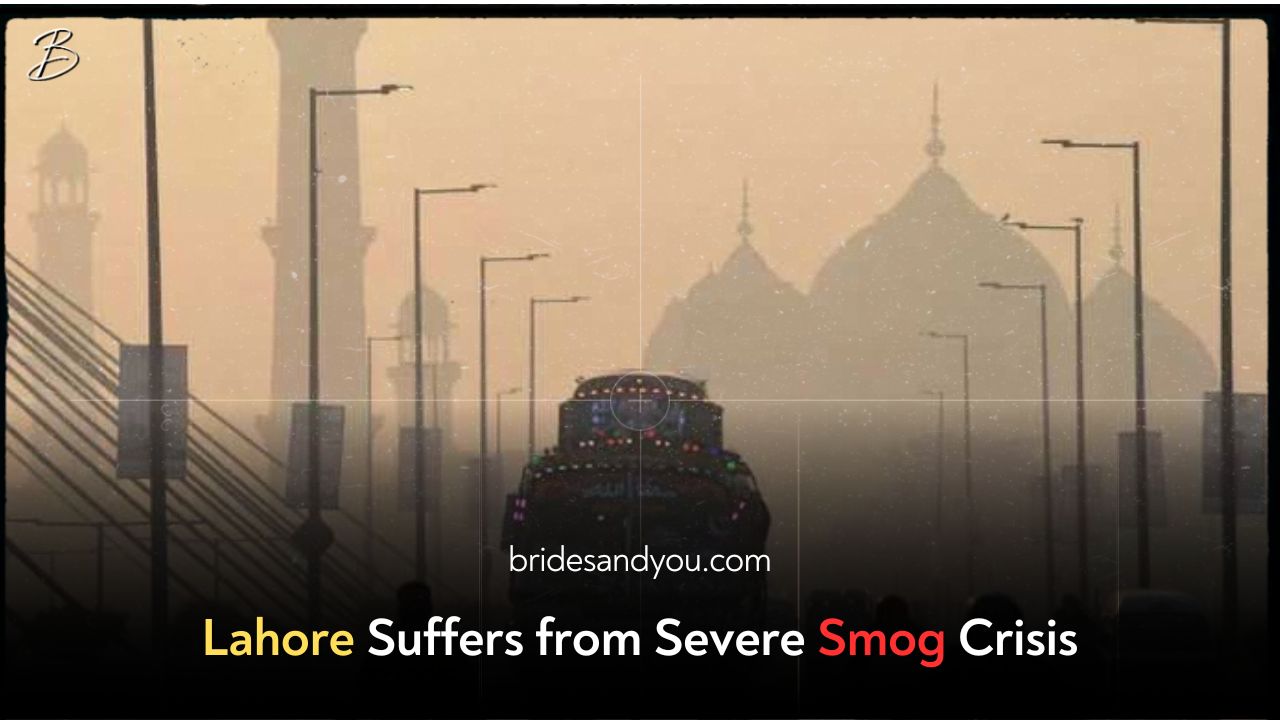Now Reading: Lahore Suffers from Severe Smog Crisis
-
01
Lahore Suffers from Severe Smog Crisis
Lahore Suffers from Severe Smog Crisis

Tackling Lahore’s Smog Crisis: A Call for Long-Term Solutions
As Lahore grapples with the devastating effects of recurrent smog seasons, residents are increasingly concerned about the implications for their health and quality of life. The smog crisis has been a persistent issue for over a decade, but it was only in 2023 that the Punjab government officially recognized it as a health emergency. Despite the announcement, the strategies put forth seem more like temporary fixes than comprehensive solutions.
Government Responses: A Mixed Bag
The provincial government’s response has included various short-term measures aimed at alleviating the immediate impact of smog. These include:
- Mandatory mask usage
- School closures on Fridays
- Bans on brick kilns and industrial emissions
- Road cleaning initiatives
- Artificial rain efforts to wash away pollutants
While these measures aim to mitigate the effects of smog, experts argue that they fall short of addressing the root causes of this environmental crisis.
Experts Weigh In: The Need for Long-Term Planning
Rafay Alam, a lawyer and environmental activist, has voiced his skepticism about the efficacy of these short-term strategies. He insists that environmental issues require long-term solutions, not just temporary measures. “Spraying water on roads and closing schools will not solve the endemic issue of smog,” Alam stated. “The government needs to realize that overnight fixes are not the answer.”
Dawar Butt, a public policy and environmental management expert, echoed Alam’s concerns. He highlighted the long-standing promises made by the government since 2018 to introduce electric buses and rickshaws, yet no tangible progress has been made. Butt expressed frustration over the lack of urgency and action from the Punjab government regarding smog-related initiatives.
Health Implications: A Grim Outlook
Health experts, including Dr. Imdad Ali Farooqi, a pulmonologist at Services Hospital in Lahore, have raised alarms about the health risks associated with poor air quality. “The effects of smog can include cold, cough, sore throat, and shortness of breath. Reports indicate that air pollution can reduce lifespans by up to seven years in heavily polluted areas like Lahore,” he warned.
A Path Forward: Long-Term Solutions
Consultations among various policy experts have produced a list of plausible long-term solutions to combat smog and air pollution:
- Ban on substandard fuels
- Promotion of hybrid vehicles
- Encouragement of public transportation and carpooling
- Management of industrial emissions
- Investment in cleaner production technologies
- Regulation of proper waste disposal
- Monitoring and promoting recycling
- Encouragement of tree plantation in urban areas
- Incentivizing research and development in smog control
The Chief Minister of Punjab, Mohsin Naqvi, recently emphasized the critical need for reliable research to understand the smog crisis better. He acknowledged that up until now, much of the dialogue around smog has relied on anecdotal evidence rather than hard data. The government plans to collaborate with international consultants to conduct a comprehensive study aimed at unveiling the underlying causes of smog in Punjab.
Conclusion: A Collective Responsibility
The ongoing battle against Lahore’s smog crisis requires collective action and long-term strategies that prioritize public health and environmental sustainability. As the 2024 smog season approaches, it is imperative that the government not only implements effective measures but also engages with communities, environmentalists, and health experts to build a healthier, more sustainable future for all.













